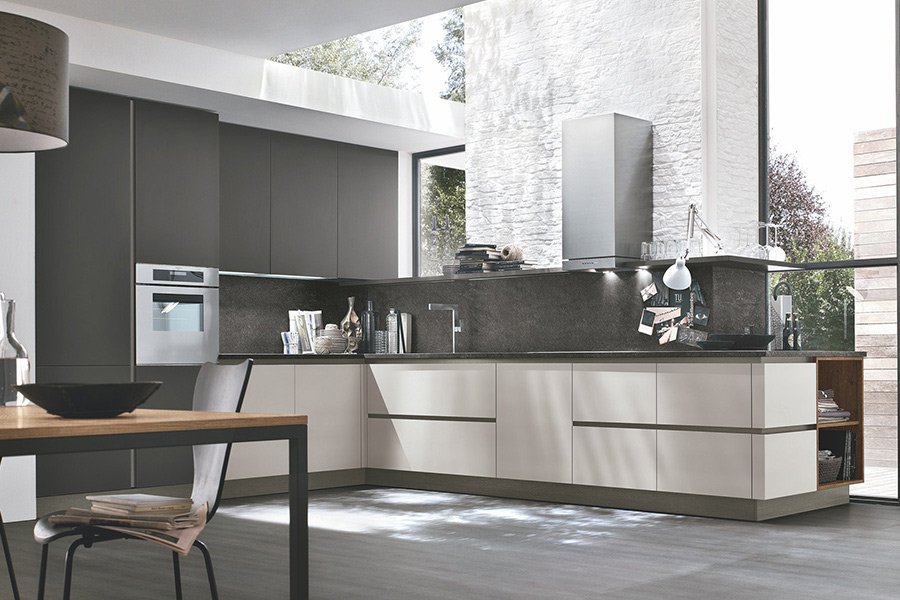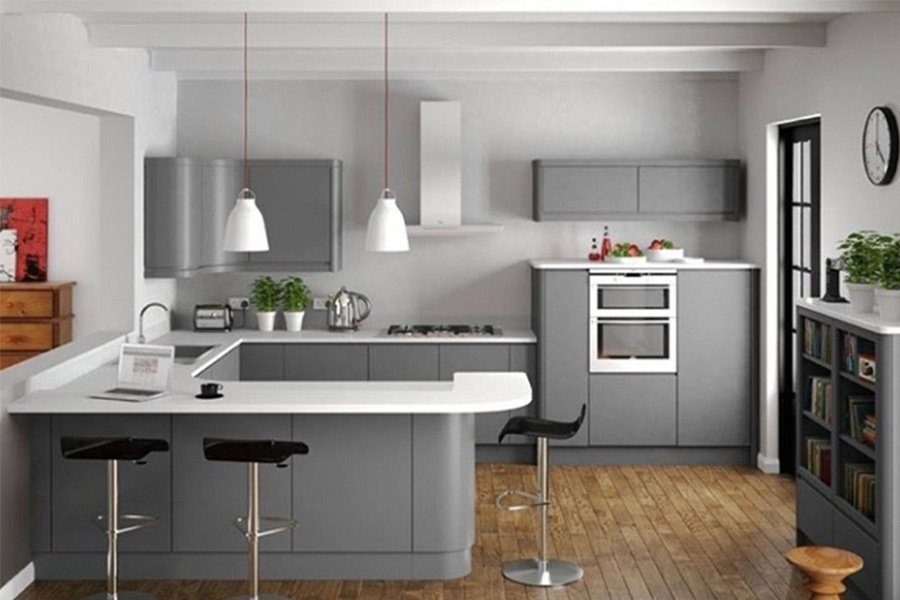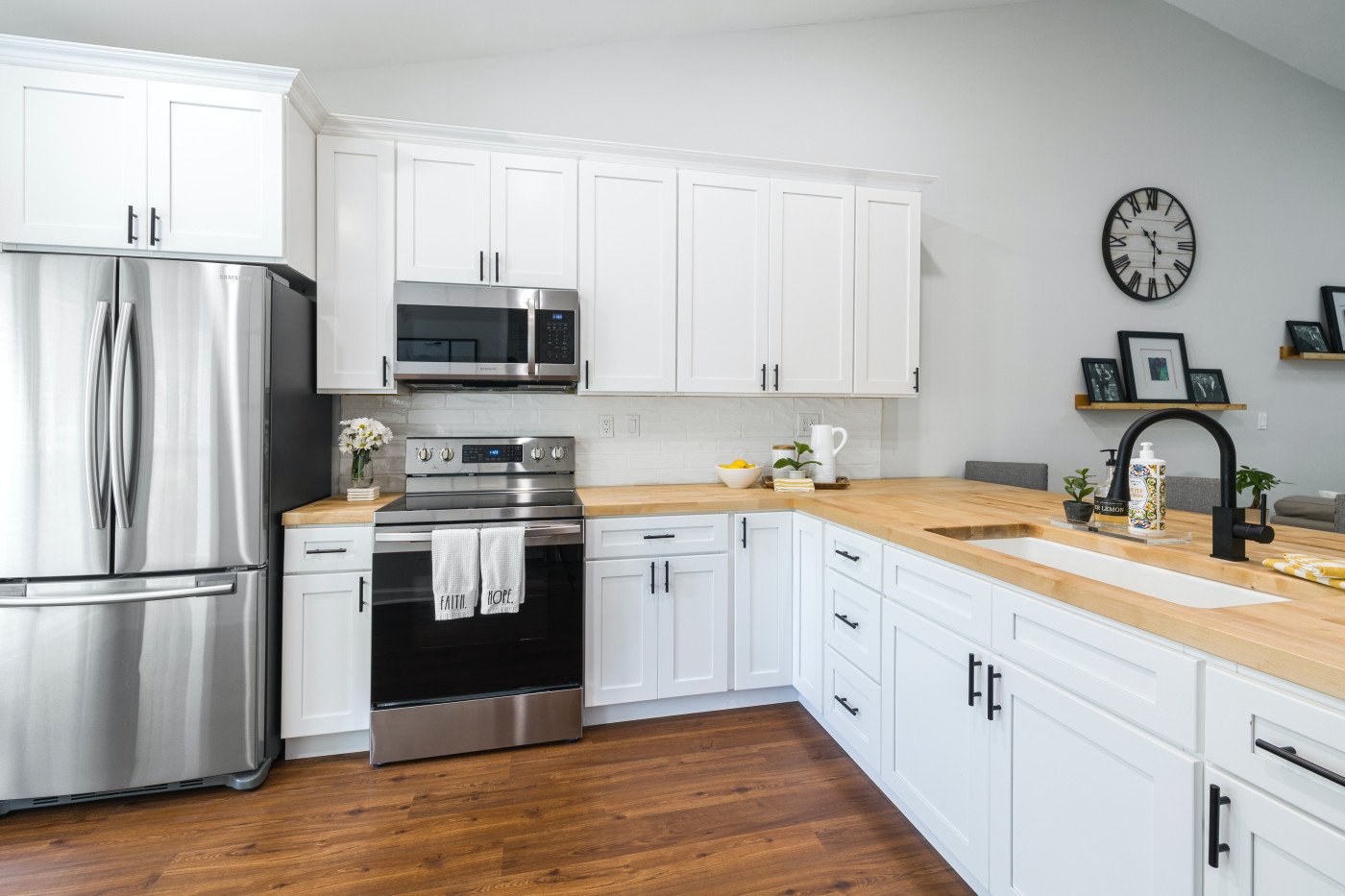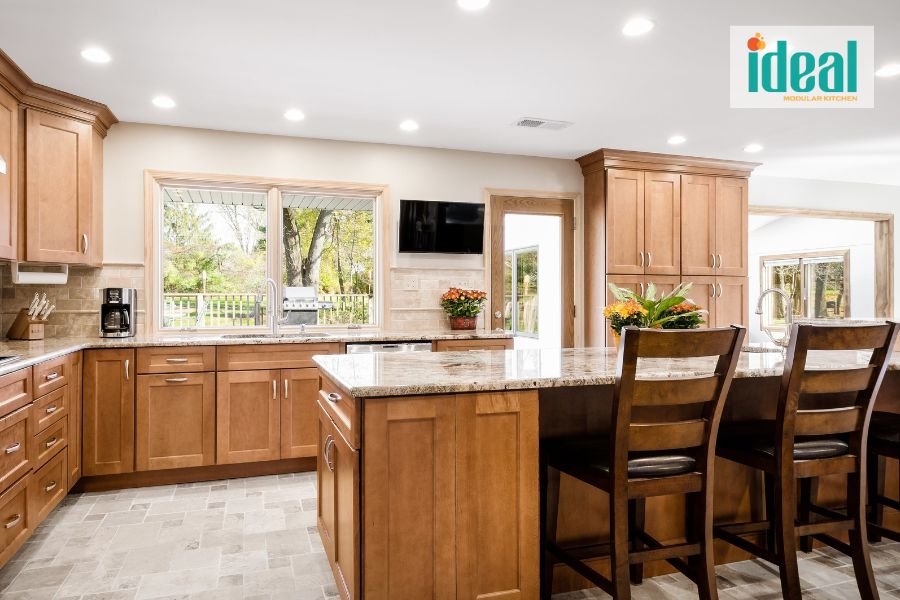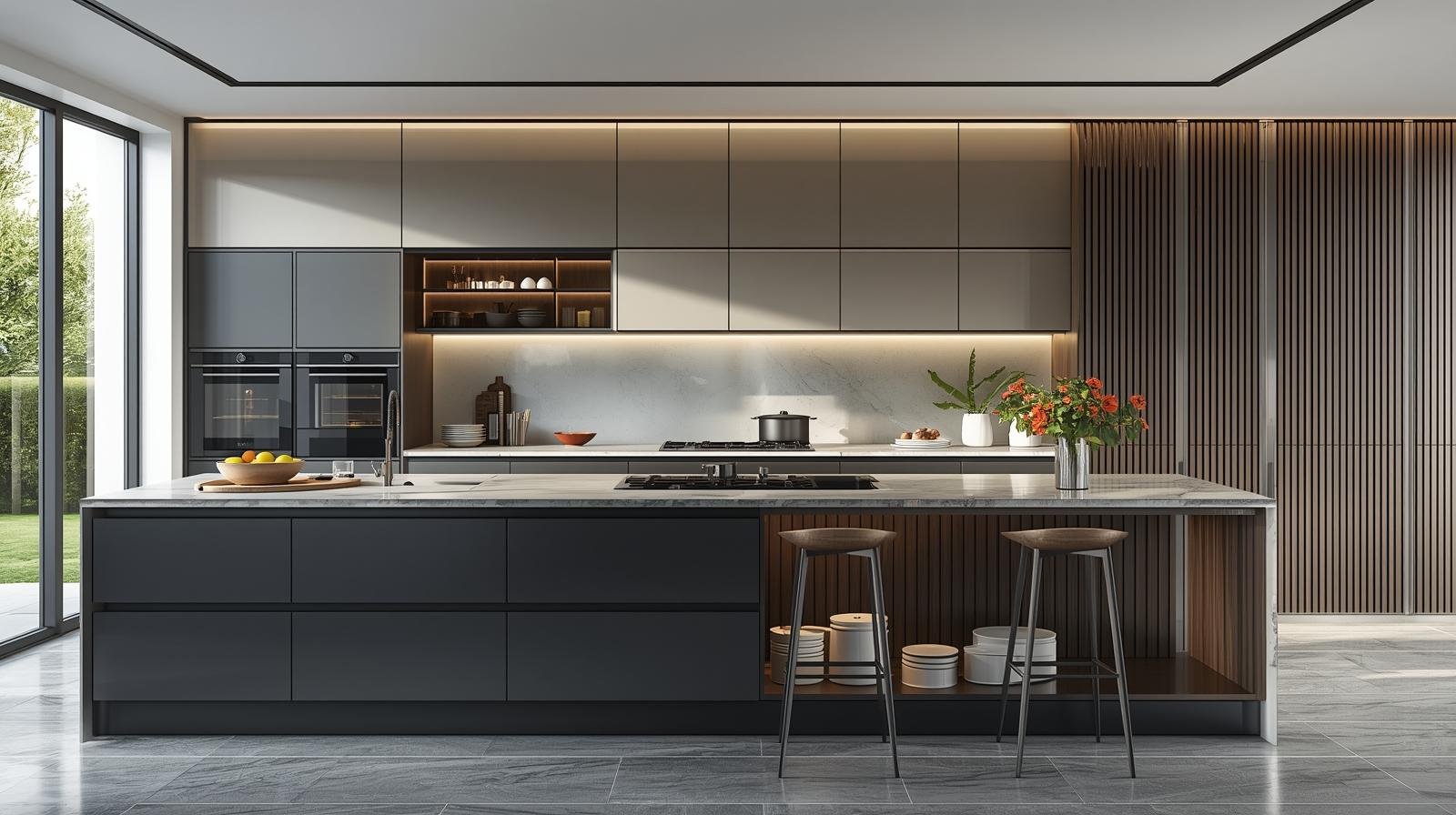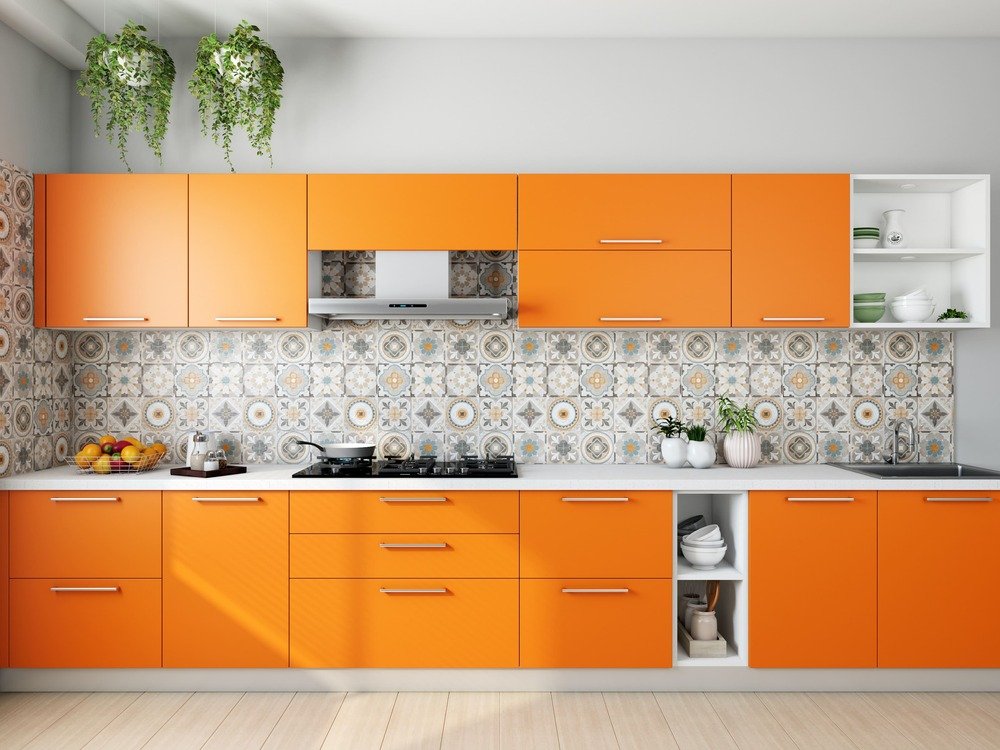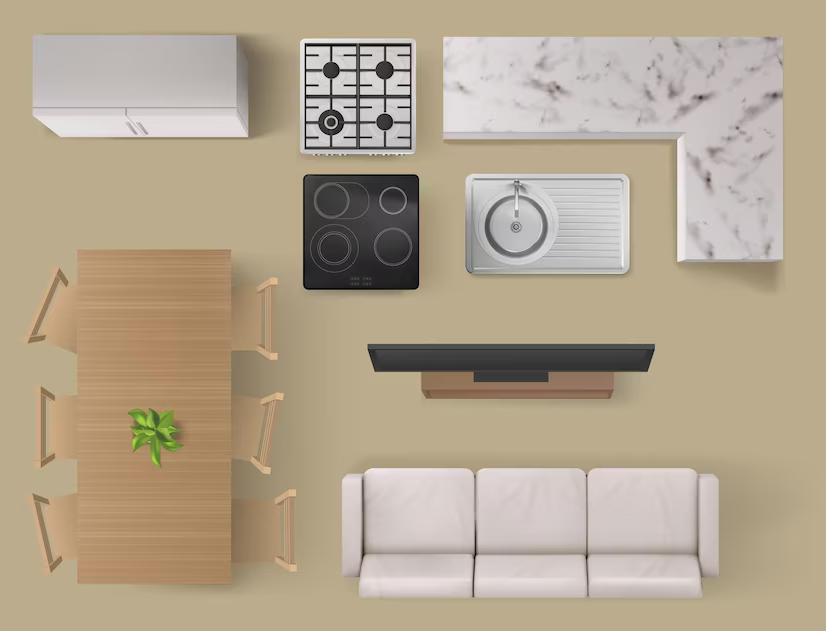Organizing a non-modular kitchen can be a rewarding challenge, turning your space into a functional and efficient cooking haven. While modular kitchens come with built-in storage solutions, non-modular kitchens require a bit of creativity. Let's explore some practical tips to help you make the most of your non-modular kitchen space.
1. Declutter Your Kitchen
Start by decluttering your kitchen. Remove items you rarely use or duplicate utensils and appliances. This not only creates more space but also makes it easier to find what you need. Donate or discard items that no longer serve a purpose in your kitchen.
2. Maximize Vertical Storage
In a non-modular kitchen, every inch counts. Utilize the vertical space by installing shelves or racks on your walls. This can be an excellent place to store frequently used pots, pans, and utensils. Consider open shelving for a trendy and accessible storage solution.
3. Invest in Portable Storage
Portable storage solutions, such as kitchen carts or movable islands, can add extra counter space and storage. Opt for carts with built-in drawers and shelves to keep your kitchen essentials organized. These can be moved around as needed, providing flexibility in a non-modular setup.
4. Group Similar Items Together
Organize your kitchenware by grouping similar items together. Store pots and pans near the stove, utensils close to the prep area, and baking essentials together. This simple arrangement makes it easier to locate items and streamlines your cooking process.
5. Use Transparent Containers
Opt for transparent containers for storing dry goods, grains, and spices. This allows you to see the contents easily, eliminating the need to search through cabinets. Additionally, labeling containers can help maintain order and ensure everything has its designated spot.
6. Drawer Dividers for Utensils
Drawer dividers are a game-changer for utensil organization. Keep your drawers tidy and functional by using dividers to separate spoons, forks, knives, and other utensils. This simple addition prevents clutter and makes finding the right tool a breeze.
7. Hang Pots and Pans
Free up cabinet space by hanging pots and pans. Install hooks on a wall or beneath cabinets to store your cookware. This not only adds a touch of culinary charm to your kitchen but also makes accessing pots and pans more convenient.
8. Utilize the Inside of Cabinet Doors
Make the most of every nook and cranny in your non-modular kitchen. Attach organizers to the inside of cabinet doors to store lids, cutting boards, or small kitchen tools. This efficient use of space helps declutter countertops and cabinets.
9. Rotate Items Seasonally
Consider rotating your kitchen items seasonally. Store items you use less frequently in less accessible spaces and bring them forward when needed. This ensures that your most-used items are always within easy reach.
10. Regular Maintenance
Maintain your organized kitchen by regularly assessing your storage solutions. As your cooking habits change, so might your storage needs. Periodically declutter, rearrange, and optimize your space for maximum efficiency.
In conclusion, organizing a non-modular kitchen requires a thoughtful approach and creative solutions. Embrace the unique charm of your kitchen space and make it work for you with these practical tips.
Transform your non-modular kitchen into an organized and efficient culinary haven, where every item has its place, making your cooking experience a joyous one.


